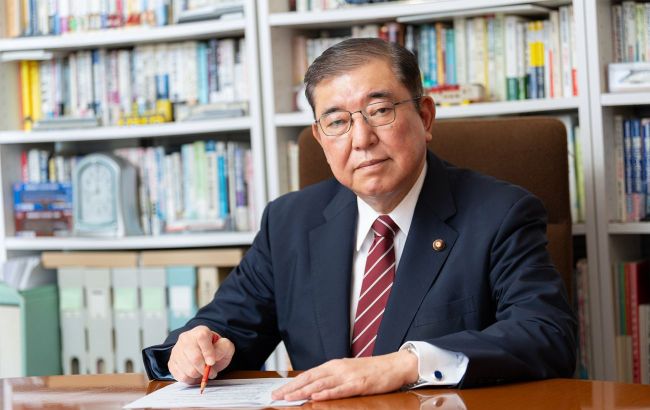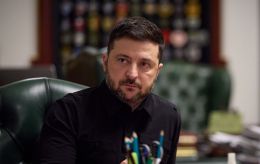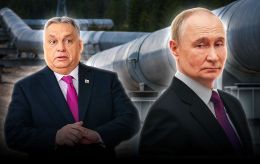Japan's prime minister says UN Security Council is outdated, calls for reform
 Photo: Japanese Prime Minister Shigeru Ishiba (facebook.com/ishibashigeru)
Photo: Japanese Prime Minister Shigeru Ishiba (facebook.com/ishibashigeru)
Russia's war of aggression against Ukraine demonstrates the United Nations' inability to fully carry out its functions.
Japanese Prime Minister Shigeru Ishiba stated this during his address at the UN General Assembly session in New York, according to Ukrinform.
According to the head of government, the Security Council is ineffective, with Russia’s aggression against Ukraine being the clearest example.
"A permanent member of the Security Council, entrusted with a special responsibility for international peace and security, invaded its neighbor. This undermines the foundations of the international order," the Japanese prime minister said.
He also recalled that the adoption of Security Council resolutions is blocked through the veto, while General Assembly resolutions calling for the withdrawal of Russian troops are "adopted but not implemented."
In addition, Ishiba stressed that Moscow continues its aggression, arbitrarily interpreting Article 51 of the UN Charter and justifying the invasion of Ukraine as an alleged right to collective self-defense.
Given these facts, the Japanese prime minister called for an urgent reform of the UN Security Council. In particular, he proposed expanding the number of both permanent and non-permanent members.
"Although the number of UN members has quadrupled, the number of permanent members has remained unchanged since the Organization’s founding. At the same time, simply increasing the number of Council members is not enough. The veto power of permanent members must also be reconsidered," Ishiba concluded.
As a reminder, on September 22, the UN Security Council held an emergency meeting, initiated by Estonia for the first time in 34 years.
The reason was the violation of Estonian airspace by Russian fighter jets on September 19.
Ukraine supported Estonia's request for the meeting and condemned Russia’s military provocations.

